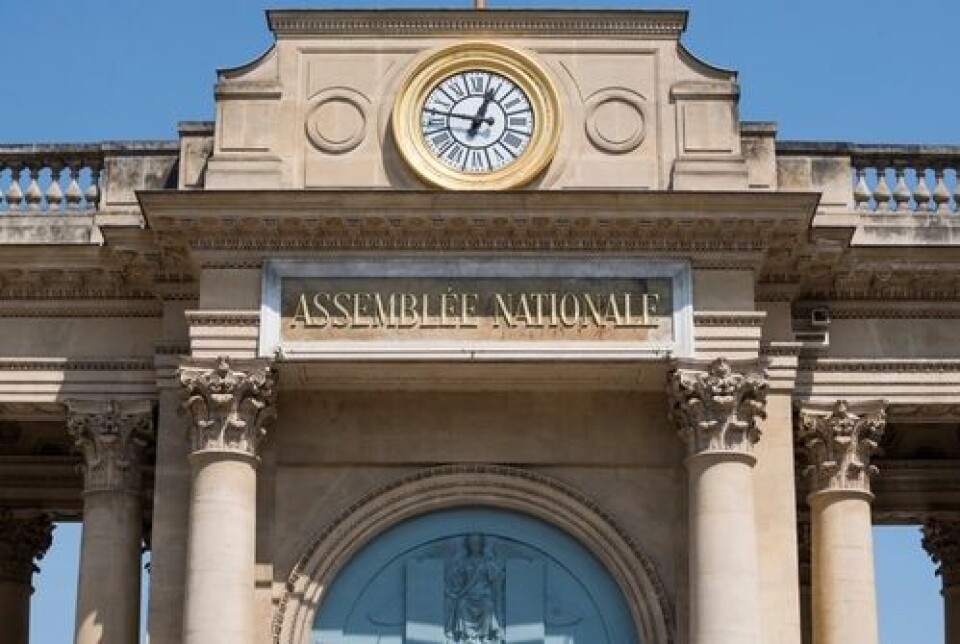-
UNESCO listing sought for French bistros and cafés
President Macron wants the establishments to be celebrated internationally
-
How is French property faring?: Key points in latest notaire review
Number of transactions is rising year on year
-
Map: see if flat prices have risen or fallen in your part of France
Areas including Orléans and Besançon saw prices rise, though falls of -4.2% elsewhere were recorded
French cabinet approves right to use 49.3 rule to ease budget deadlock
If triggered it would enable the government to push through its 2023 budget despite thousands of amendments being put forward by opposition parties

France’s Conseil des ministres (Cabinet) has approved the use of article 49.3 of the Constitution “if the situation requires it”, as the government struggles to push its 2023 budget through Parliament.
Read more: Healthcare, climate, cigarettes: France announces its 2023 budget
The Assemblée nationale, the lower house of Parliament, began debating the projet de loi de finances pour 2023 budget bill yesterday (October 12), and opposition members have objected to some of its key points.
For example, MPs voted through an amendment by Mouvement Démocrate which looks to dissuade companies from handing out ‘super-dividends’ to their shareholders through increased tax rates on this type of action.
MoDem is part of the ruling Ensemble ! alliance, but its proposal had been rejected by the government. It was passed yesterday because of support from the left-wing Nupes and far-right Rassemblement National.
Public Accounts Minister Gabriel Attal said that in all opposition groups have put forward 3,500 amendments, and described MPs from Nupes to Rassemblement national as “a coalition of irresponsibility”
“There still needs to be a debate, and not obstruction or a desire to block,” he said.
Communist MP André Chassaigne retorted: “You have no right, Minister, to call MPs irresponsible. You are behaving in a petulant manner, not respecting national representation.”
Government spokesperson Olivier Véran has said that there is “very much reason to fear that the opposition will be tempted to drive France into a deadlock”, and so the government wants to be able to use article 49.3 if necessary.
What is article 49.3?
President Emmanuel Macron’s Ensemble ! alliance did not secure a majority of 289 seats in the legislative elections this June, falling short at 245.
This means that the government will struggle to ensure bills pass through the Assemblée nationale without at least some support from other parties.
Finance Minister Bruno Le Maire has said that the 2023 budget has been costed to “the nearest euro”, and that it aims to financially “protect people in France” without ignoring its economic “responsibility”.
Article 49.3 allows the French prime minister, following discussions with cabinet (Conseil des ministres) to unilaterally pass any bill concerning financial or social security issues.
However, it is sometimes described as a ‘nuclear option’ because it can lead to a motion de censure (vote of no confidence) in the government if 58 MPs – 10% of the house – express their support for this measure.
We take a closer look at how article 49.3 functions and the risks it can bring with it in the article below:
Read more: Explainer: what is France’s article 49.3 and why is it in the news?
Related articles
‘We must learn to govern differently’: Key points of Macron’s TV talk
Inflation, climate, pensions: a tough ‘rentrée’ for French government
























